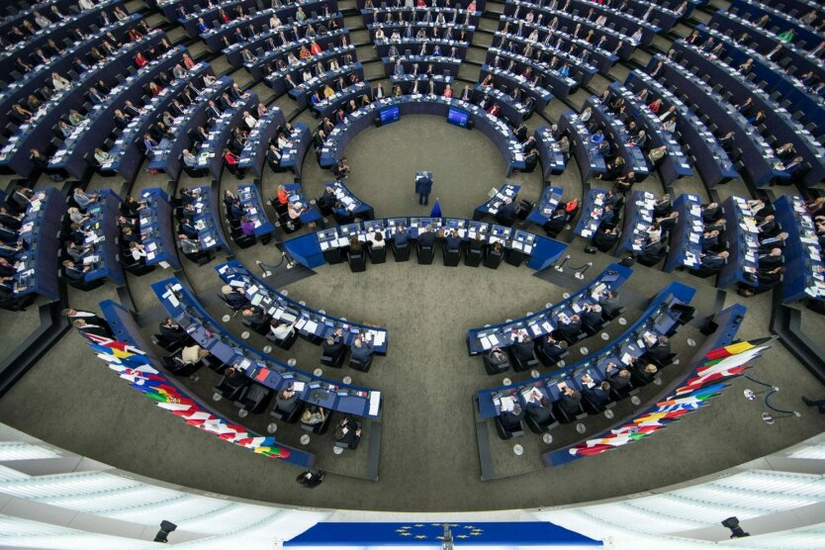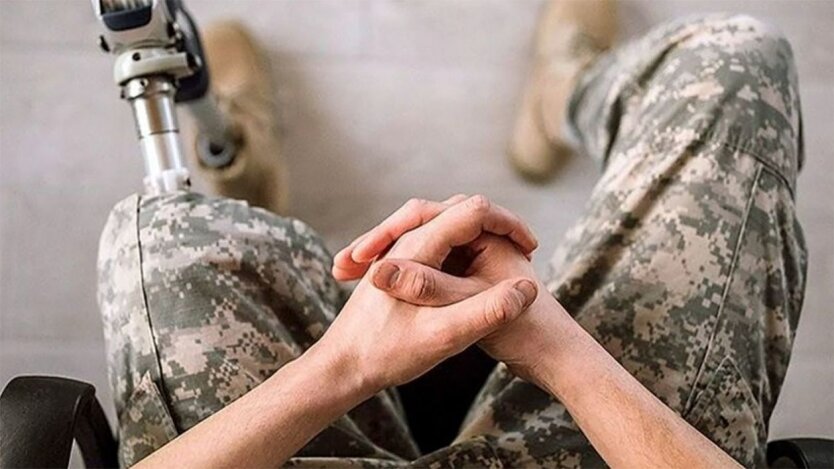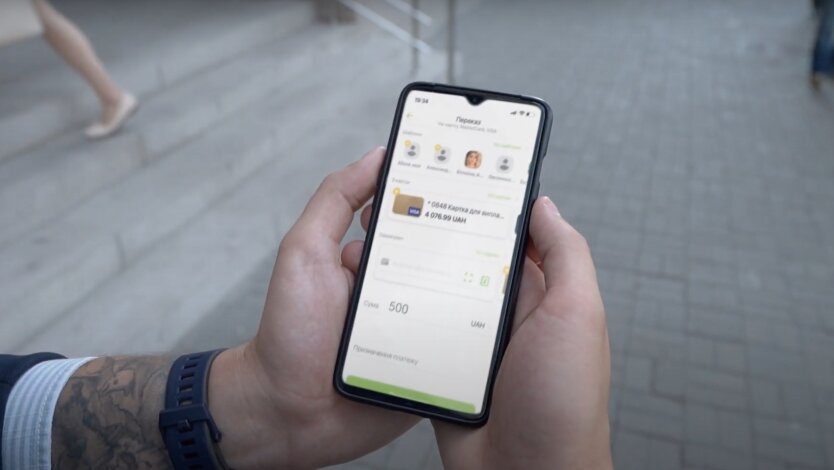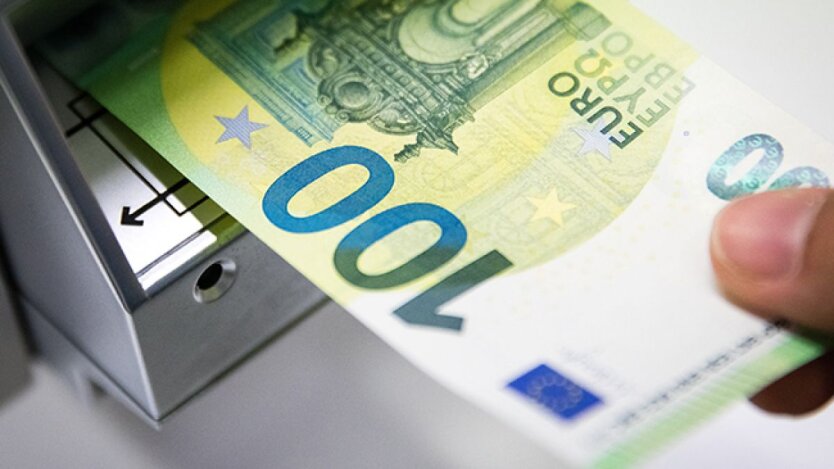Ukraine will receive 35 billion euros from frozen Russian assets.


The European Parliament supported the provision of a loan to Ukraine of 35 billion euros
On Tuesday, October 22, the European Parliament supported the provision of a loan to Ukraine of up to 35 billion euros, which will be repaid from the revenues of frozen Russian assets, reports the European Parliament's website.
This initiative was voted for by 518 deputies, 56 opposed, and 61 abstained.
The loan from the EU is part of an initiative agreed within the framework of the G7 in June. In total, the package provides for up to 50 billion dollars in financial support for Ukraine. The final sum from the EU may be less, depending on the volume of loans provided by other G7 countries.
The mechanism of cooperation with Ukraine on loans will ensure the use of future revenues from the frozen assets of the Central Bank of Russia, which are in the EU to repay the loan. These funds will be directed to the servicing and repayment of loans from the EU and other G7 partners. Kyiv will be able to use the received funds at its discretion.
The funds will be provided by the end of 2025 through the newly created structure - the Ukraine Loan Cooperation Mechanism. However, obtaining the loan will depend on Ukraine's fulfillment of obligations regarding the support of democratic mechanisms, human rights, and conditions that will be stipulated in the memorandum of understanding.
Regulation after approval by the European Parliament will be adopted by the EU Council and come into effect the next day after publication in the Official Journal of the EU.
Ukrainian Prime Minister Denys Shmyhal wrote on his Telegram channel that this is an important contribution from the EU within the framework of a 50 billion dollars G7 loan using revenues from frozen Russian assets, which will help cover Ukraine's urgent financial needs.
Read also
- Preparation for the Rome Conference: Shmyhal Reveals Plans for Cooperation with EBRD
- Zelensky met with the German Foreign Minister, EU extended sanctions against the Russian Federation. Key points for June 30










